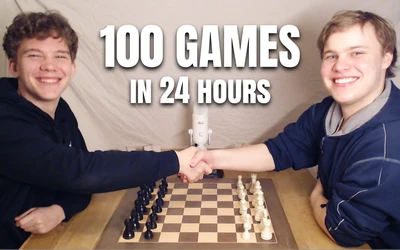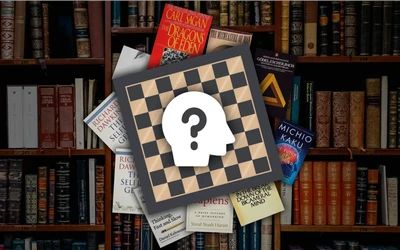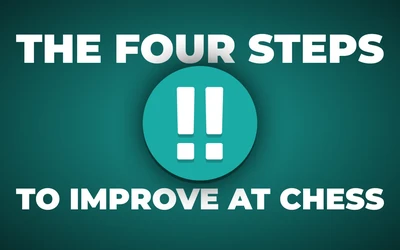
How To Choose The Right Openings To Play
When it comes to chess, choosing the right opening and studying it effectively can feel overwhelming. Many players struggle with this aspect of the game, often falling into common pitfalls that hinder improvement. This guide will walk you through practical tips to help you select openings suited to your level and study them in a way that truly enhances your game.The Common Pitfall: Memorization vs. Understanding
One of the biggest mistakes players make when studying openings is focusing on memorizing move sequences. While memorization can help in certain situations, it’s not a reliable path to improvement. The key to mastering chess openings lies in understanding the ideas behind the moves.
Every move in an opening serves a purpose: controlling the center, developing a piece, or improving king safety. Ask yourself why a particular move is played. Once you grasp these underlying principles, you’ll be better prepared to handle deviations and surprises on the board.
Learn Through Model Games
A highly effective way to internalize opening principles is by studying model games. Watching how strong players navigate your chosen openings will reveal recurring ideas, typical maneuvers, and common plans. An excellent resource for this is ChessBook.com, which allows you to upload your opening repertoire as PGNs and provides games specific to those openings where you can guess the moves. To learn more about this form of exercise, please check out my previous post The Best Exercise for Improving Positional Understanding.
The Importance of Practice
Playing your chosen openings frequently will help you understand their typical structures and plans. After each game, reflect on the positions you reached and analyze how they evolved. This analysis will deepen your familiarity with the opening and improve your ability to navigate similar situations in future games. If you struggle to consistently reach your chosen openings, consider practicing with tools like noctie.ai. This AI simulates human-like play and allows you to specify openings, adapt to your strength, and analyze your games for feedback. It’s a great way to refine your opening repertoire.
Choosing the Right Openings
For beginners and intermediate players, the objective evaluation of an opening matters less than its ability to help you grow as a player. Dynamic openings that lead to imbalanced positions, such as those with opposite-side castling, are particularly valuable because they encourage deep calculation and complex play. Conversely, overly symmetrical or "boring" positions can slow down your improvement.
For specific recommendations please check out my newly posted youtube video:
More blog posts by Zig_Zag_Zug_Zwang

The 100 Game Marathon
I’m writing this about an hour and a half before the marathon starts, and honestly, I’m both excited…
What Reading About Human Intelligence Has Taught Me About Chess
In the room where I often sit to study chess, there’s a sort of "mini-library" filled with my dad’s …
How To Improve At Chess In 4 Simple Steps
In this post I’ll talk about 4 simple steps to improve at chess. To complement it, I’ve also decided…
